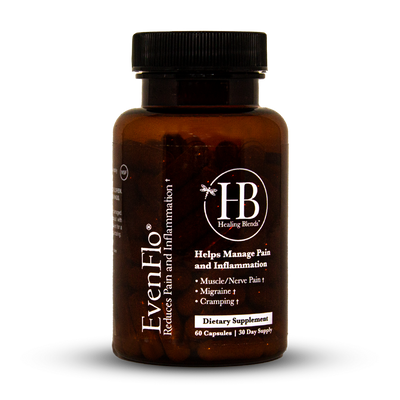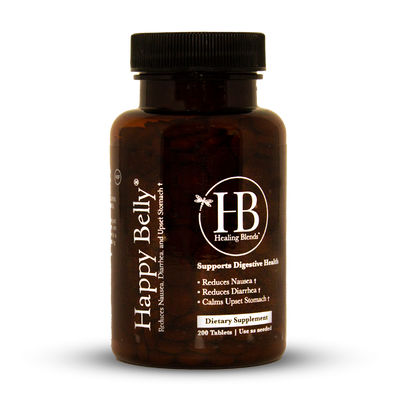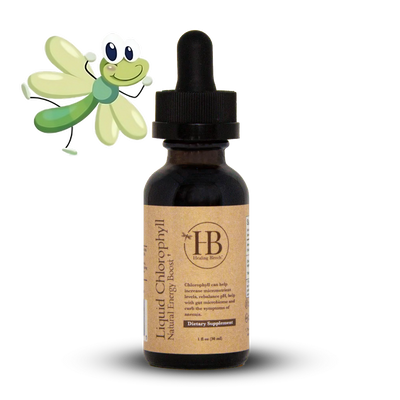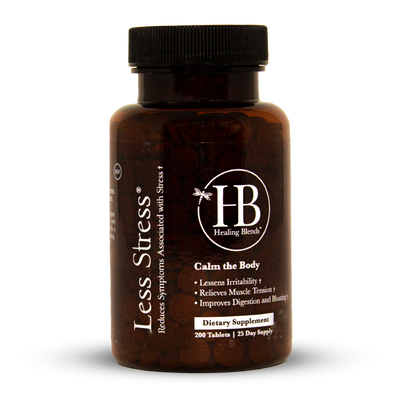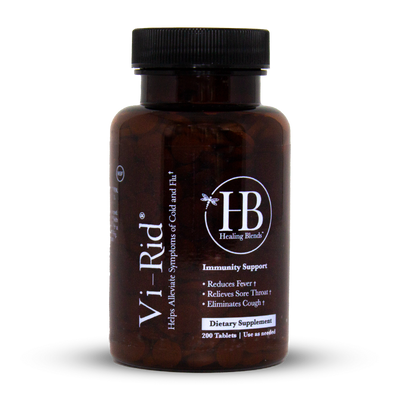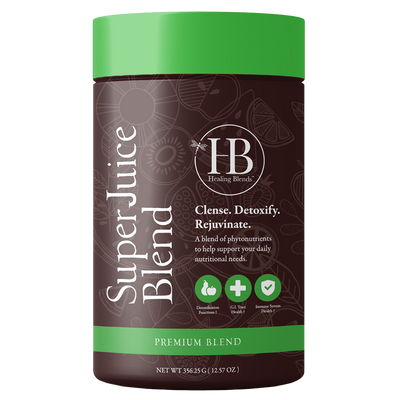Eating Herbs to Correct Epigenetic Alterations Due to High Blood Pressure
Just a few years ago, scientists believed that most diseases are caused either by changes in the human DNA sequence or due to the invasion of bacteria and viruses.
However, recent research has unraveled the key role of epigenetic mechanisms in changing the epigenome and how it can lead to various diseases and disorders.
Simply speaking, an epigenome instructs the genome and controls its activity. For instance, your liver cells and skin cells have the exact same DNA structure but epigenetics turns parts of them on or off to make them look different and function in completely distinct ways.
Epigenetics Explained:
Epigenetics is the study of such epigenetic modifications – the processes that regulate the epigenome and factors that turn various genes on or off. Epigenetic modifications don’t rework the DNA sequence but they are responsible for how our cells ‘interpret’ the genes. The two main examples of this are DNA methylation and histone modification.
DNA methylation: This is a primary example of epigenetic modification wherein a methyl group latches on to the DNA molecule and prohibits the expression of certain genes in the DNA. In turn, these unread genes cannot function (or express themselves) as they are supposed to.
Histone Modification: The human DNA needs to wrap around proteins called histones to fit into cells. If the histone is too tightly wrapped around DNA, the corresponding cells are unable to ‘read’ it. An epigenetic modification can ease the rigidity of this histone wrapping, thus enabling the cell to function normally and read the gene.
There is an undeniable interaction between the epigenome, the DNA, and human health. This interplay is responsible for altering gene expression that plays a decisive role in regulating human physiology and causing disease. These changes, known as epigenetic changes, respond to diet, medication, lifestyle, physical activity levels, mental stress, and various environmental factors.
Epigenetics and Hypertension:
The growing volume of evidence indicates that epigenetic mechanisms in the human body play a substantial role in the advancement of hypertension. Among these, DNA methylation and histone modification play a key role in the pathogenesis of hypertension. A simple example of this is how insufficient consumption of water or protein during pregnancy can have a serious impact on the blood pressure profile of the child at later stages in his/her life.
Once this link between epigenetic mechanisms and hypertension was established, this supplemental development led researchers to investigate the herbal medicines commonly used to treat hypertension. In the past decade, researchers have examined the bioactive compounds and antioxidants found in common herbal remedies to study how they exert their antihypertensive effect.
Many studies indicate that herbal decoctions or blends can play a significant role in adding or removing epigenetic marks on the DNA and affect DNA methylation and histone modification. These emerging studies have encouraged medical practitioners to adopt a complementary approach of using medicinal herbs as an adjunctive treatment for hypertension. After thorough research, various antihypertensive herbs are combined in meticulous proportions to formulate herbal blends like HTN Care. These blends show a propitious capacity to alleviate stress, inflammation, and improve cardiovascular health, thus helping patients manage hypertension.
Dietary Factors, Hypertension, and Epigenetics Modifications:
Epigenetic diet factors can be understood by noticing how the consumption of heavy metals (like mercury in certain fish) or heavy metal in water (lead, arsenic, cadmium, etc.), can result in malevolent modifications of the epigenome.
Conversely, it can also refer to the consumption of bioactive plant compounds that modify the epigenome resulting in beneficial health outcomes. Some examples of these beneficial bioactive compounds in plants are ECG in green tea, isothiocyanates in broccoli, gingerol in ginger, and dodoneine in mistletoe.
Role of Nutrition from an Epigenetic Standpoint:

The role of nutrition/diet and its impact on epigenetic mechanisms has been widely researched to develop a better understanding of their implications on our health. For example, a study found that epigenetic alterations can occur from a diet rich in good fats (polyunsaturated), which generates mutagenic free radicals and oxidative stress. Similarly, a diet rich in antioxidant-rich vegetables and fruits has an epigenetic effect of reducing the risk of cancer. As far as hypertension goes, salt sensitivity is a principal example of dietary epigenetic modifications linked to blood pressure.
In general, salt sensitivity refers to acute changes in blood pressure that are directly proportional to the amount of sodium in a diet. Research has established that each individual has a different level of salt-sensitivity. Some people can process salt without any surge in arterial BP, while other ‘salt-sensitive’ individuals may not. Individuals with salt sensitivity will observe a significant increase (10% or more) in blood pressure due to a high-salt diet. Conversely, about 5% of the human population is salt-resistant, which means they see a decrease in blood pressure while on a high-salt diet.
The current development in medicine is to combine conventional medicine with traditional herbalism and other alternative practices to control stress and prevent the onset of hypertension. Most herbs used in integrated medicine or traditional medicine have numerous bioactive compounds like saponins, terpenoids, polyphenols, etc. These vital compounds in antihypertensive herbs have better bioavailability and compatibility. They can be used to manage hypertension without the side effects that certain pharmaceutical medications may lead to. Moreover, they have a deep-rooted and multi-faceted impact that is equally useful in preventing athero-thrombogenic diseases (cerebrovascular, cardiovascular, diabetes, etc.). While the quest for the miracle herb for blood pressure is still ongoing, this integrated medical approach to control hypertension has gained a lot of momentum as more empirical and anecdotal evidence emerges in support of this practice.
Herbs & Hypertension:
A majority of hypertensive patients can manage their blood pressure by simply transitioning to an active lifestyle with sufficient exercise, manageable levels of stress, and better dietary habits. Such people also stand to gain from the aforementioned phenolic-rich herbal supplement blends like HTN Care. Since it is usually implausible to add multiple new herbs to your diet in the right proportion without any culinary expertise, a blend of well-researched botanically derived pharmacological agents like HTN Care and LessStress make it feasible to consume functionally bioactive compounds without any hassles.














